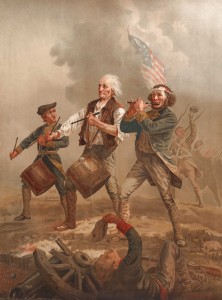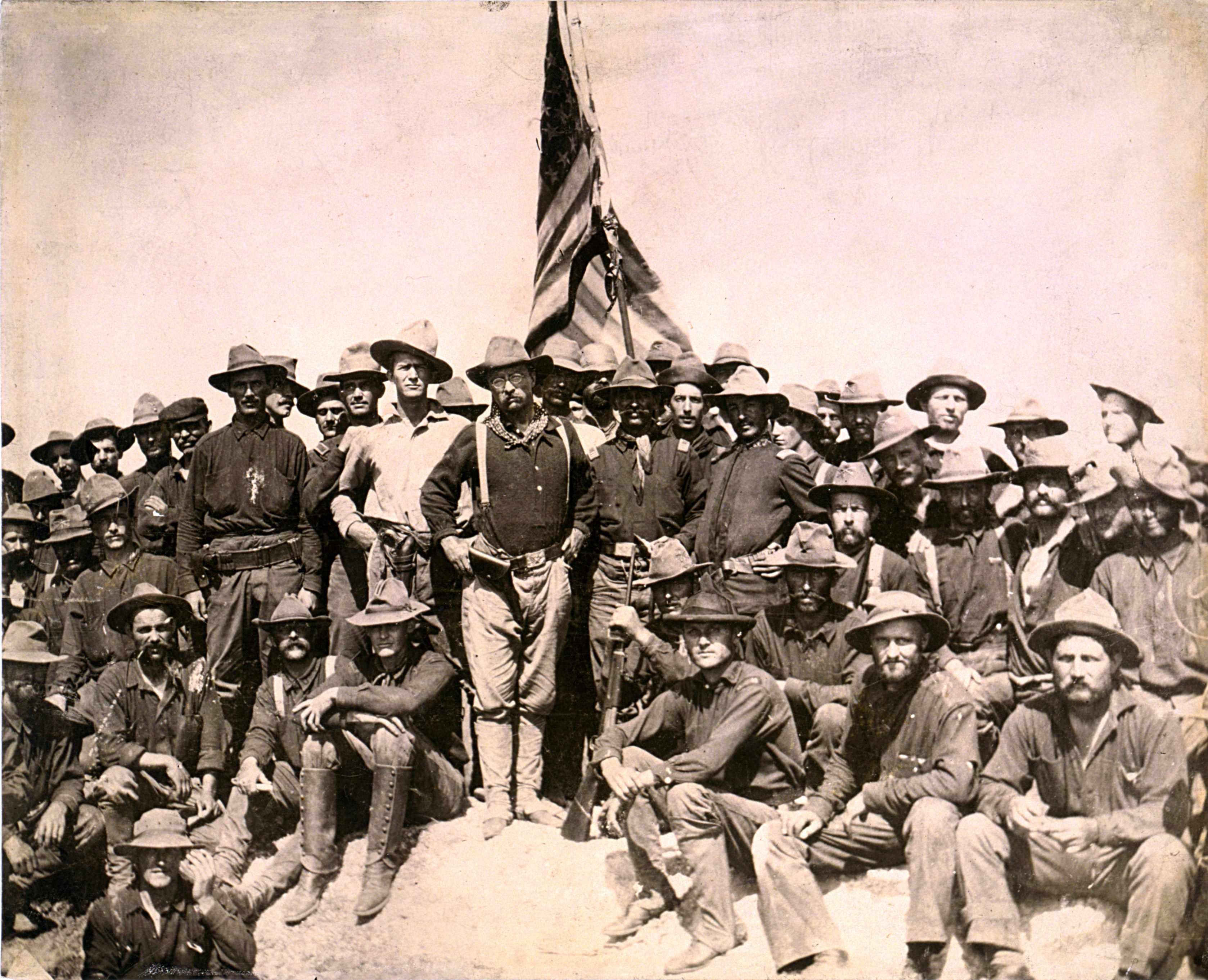How did U.S. citizens explore themes of war through music?
Audio of Henry Burr’s 1918 song, I’m Gonna Pin My Medal on the Girl I Left Behind
It is an undeniable fact that humans have used music to accentuate their perception of warfare. History is littered with examples of different societies using music either before, during, or after a battle for a variety of reasons. Aztec warriors would dance before and after every battle even while sacrificing captives they had won in battle. British soldiers were serenaded by William Millin with a bagpipe on D-Day at Sword beach. He was, miraculously, not shot at and claims he talked to captured German snipers who thought that he was crazy and didn’t deserve to die. The Biblical story of Joshua is one of the most famous uses of music in the Bible, with Joshua only defeating the city of Jericho after trumpets had sounded along the city causing the walls to come tumbling down.
Much like the rest of recorded human history, American history has a plethora of examples of how warfare and music relate to each other. One of the most iconic images of the American Revolution is two drummers accompanied by a fife player, and every battle in the Civil War was not complete without a bugle or drum. Our very national anthem is a testament to this entanglement of music and warfare.
In addition to examples of music played on the battlefield, there are hundreds of songs that were composed which explore many thematic elements of warfare in America. These songs provide an excellent platform to analyze the ways that American society viewed topics such as masculinity, gender roles, and many others. The Frances G. Spencer Collection of American Sheet Music boasts more than 30,000 musical titles, including a variety of pieces that discuss the topic of war. This blog will examine twenty-five pieces of music from the Spencer collection with the purpose of exploring how Americans in the late 1800’s and early 1900’s used music to express their cultural understanding of war.
Warning
It is irresponsible to study history without displaying everything in its original, unedited form. Americans have not always been as enlightened or sensitive to issues of race, and for that reason some of the songs may be offensive. This blog does not condone the racist views or beliefs of this era, and all of the music here is being discussed in a truly academic setting with no other ulterior motive. 1 2
- “Bill Millin, bagpiper who accompanied British troops on D-Day, dies at 88,” The Washington Post, http://www.washingtonpost.com/wp-dyn/content/article/2010/08/20/AR2010082005465.html. ↩
- “Music, Song, and Dance among the Aztecs – a short introduction.” http://www.mexicolore.co.uk/aztecs/music/music-song-and-dance-among-the-aztecs-a-short-introduction. ↩


 Teddy Roosevelt and his Rough Riders, 1898
Teddy Roosevelt and his Rough Riders, 1898